Keywords: Chris Johnston
There are more than 200 results, only the first 200 are displayed here.
-
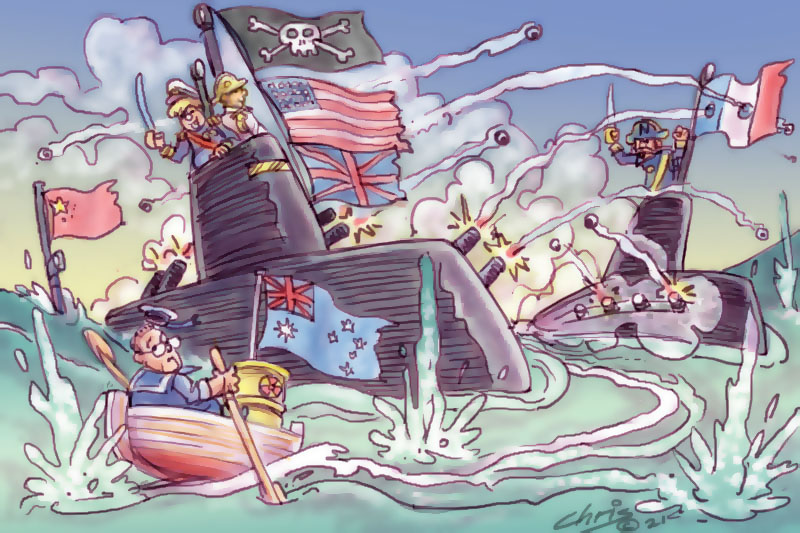
INTERNATIONAL
- Binoy Kampmark
- 20 September 2021
31 Comments
Defence is a costly business, and few branches of defence are more costly, and questionable, than a country’s submarine capability. Since 2009, Project SEA 1000, the name for Australia’s Future Submarine program, has fascinated strategists and defence planners. In 2016, this resulted in an agreement with the French submarine company DCNS (now called Naval Group) to build an un-designed attack class vessel. Other contenders in the competitive tender — Germany and Japan, for instance — had existing models.
READ MORE 
-
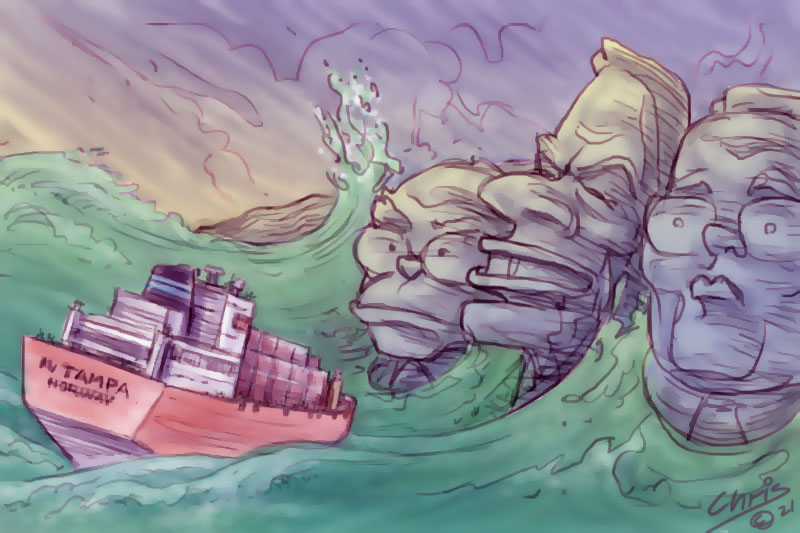
INTERNATIONAL
- Binoy Kampmark
- 07 September 2021
23 Comments
It took 438 desperate human beings upon the overladen wooden fishing boat, the KM Palapa, to present Australia’s Howard government in August 2001 with an electoral opportunity. At first, there was feigned ignorance from Canberra about any signs of desperation. The vessel, lacking power, lay some 100km off Christmas Island. Despite a coast guard plane noting men jumping up and down on the roof in a frenzy, nothing was initially done.
READ MORE 
-
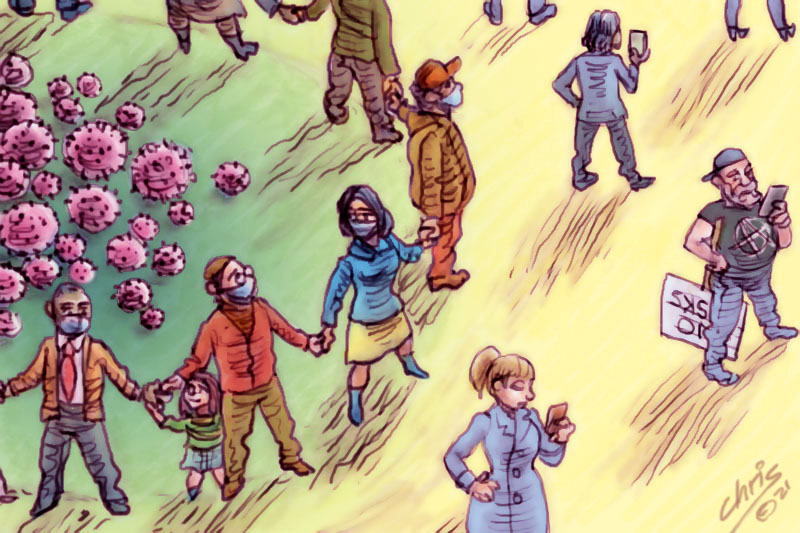
AUSTRALIA
- Barry Gittins
- 17 August 2021
10 Comments
In his 83 years, social psychologist, researcher and author Hugh Mackay has seen the sun rise and set on regimes, ideologies, cults, fads, movements and manias. He has also seen language used to clarify and build common ground, or to confuse and demoralise. One constant throughout these years has been his fascination with how human beings treat each other and their planet, and why.
READ MORE 
-
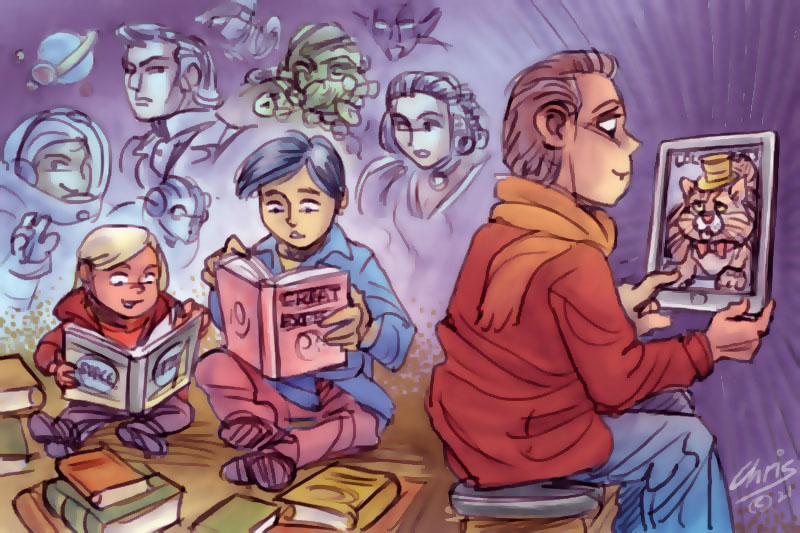
ARTS AND CULTURE
- Gillian Bouras
- 26 July 2021
19 Comments
I was at university when I first heard of the so-called death of the novel, and was frightened by the thought. But I’ve since heard the phrase many times during the ensuing decades, and am cheered by the fact that so far the novel has clung to life, albeit precariously, while novelists persist in writing, despite the many drawbacks attendant upon the practice.
READ MORE 
-

AUSTRALIA
- Cristy Clark
- 13 July 2021
16 Comments
Although there has been a reasonable level of attention paid to governance issues — such as the incredibly slow vaccine roll out, the ongoing problems with hotel quarantine, and the timing of the lockdown itself — Sydney’s current lockdown has also been marked by an unhelpful focus on individual actions.
READ MORE 
-
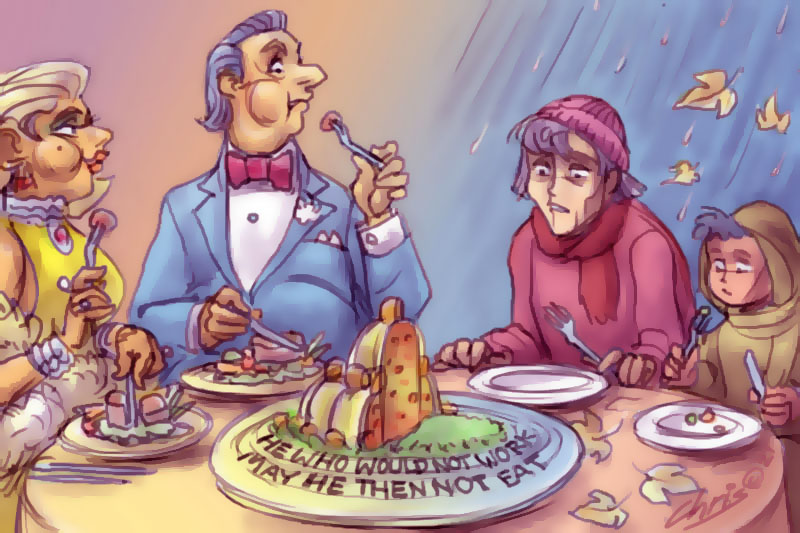
AUSTRALIA
- Barry Gittins
- 29 June 2021
27 Comments
We are all beholden to our story of origin and the systemic realities we are born into. Regardless, now and historically, politicians, preachers and pundits sporadically look to reintroduce the discredited dichotomy between the ‘deserving poor and the undeserving poor’. The embodiment of that second label, historically, has been the Jobseeker (Newstart) recipient.
READ MORE 
-
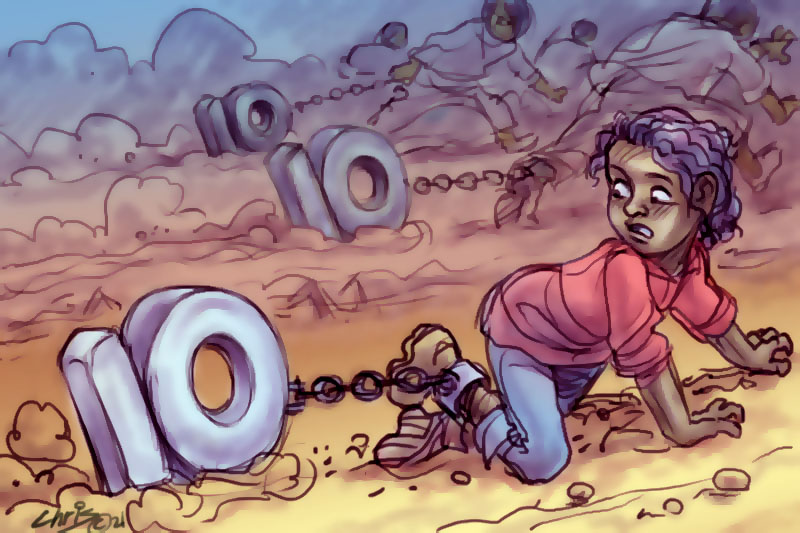
AUSTRALIA
- Celeste Liddle
- 15 June 2021
9 Comments
Those two little boys turn ten this year, reaching a milestone most Australians celebrate simply as reaching 'double figures'. Yet with these double figures comes a new threat most Australians aren’t aware of: they will also reach the age of criminal responsibility.
READ MORE 
-
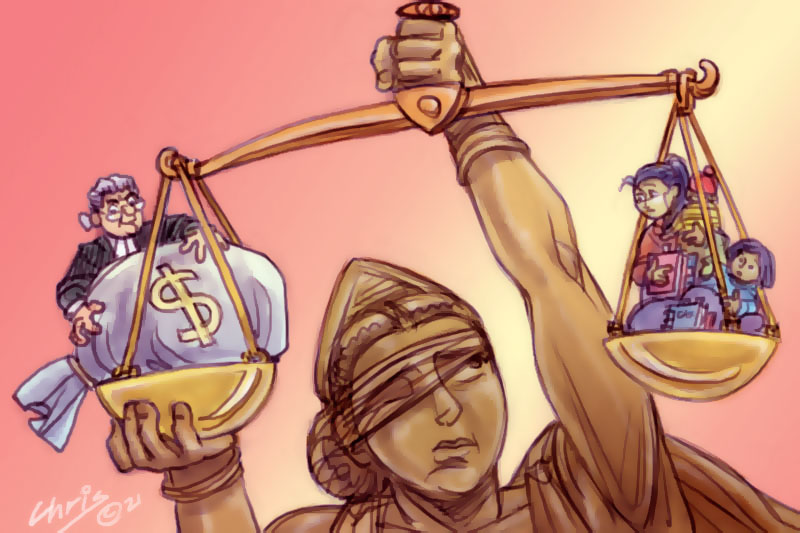
AUSTRALIA
The fact is that money still buys a better service from the legal system, and to claim otherwise is to throw out the most basic principles of an economy. After all, if there were no benefit to be gained from backing up a truck full of money and tipping 30 or 40 grand a day into a team of silks, junior barristers and top tier solicitors, why would those with the means do it? To argue the contrary beggars belief. And if the observation is accepted, what does that tell us about the rule of law?
READ MORE 
-
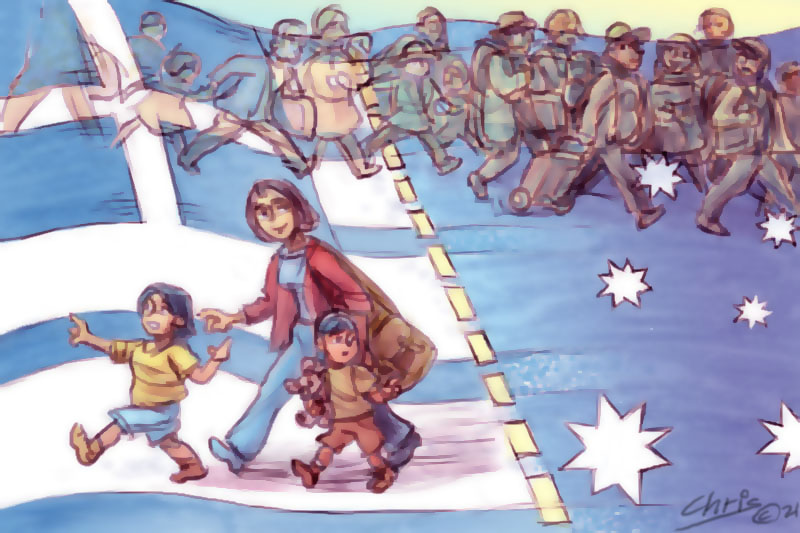
ARTS AND CULTURE
- Gillian Bouras
- 18 May 2021
18 Comments
Even though I tried to count my blessings and to avoid my besetting sin of self-pity, migration was hard. And decades later I still think it was hard. Sometimes I wonder how I survived it.
READ MORE 
-
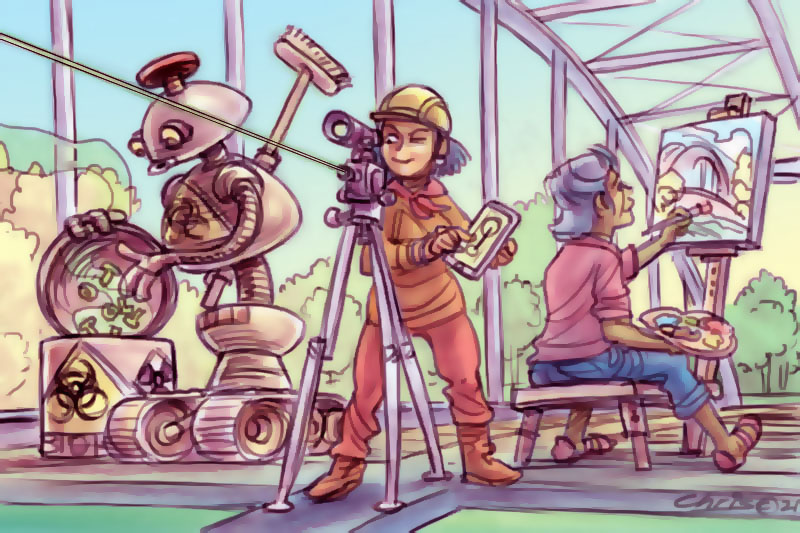
AUSTRALIA
The debate about the future of work, and therefore UBI, was hijacked by a reductive media narrative around ‘the robot question’ and this has made it hard to recognise the complex nature of the changes underway.
READ MORE 
-
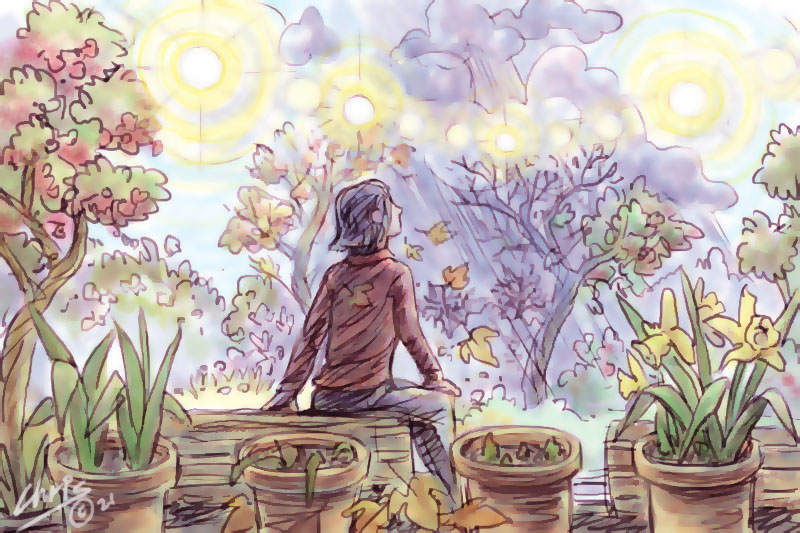
ARTS AND CULTURE
- Catherine Marshall
- 20 April 2021
4 Comments
Sitting at my garden table one warm February day watching birds dash from paperbark to Tasmanian blue gum to palm tree, I realised with a satisfying jolt that I had been present for every season of this singular year; I had journeyed in sync with my surroundings on their year-long journey around the sun.
READ MORE 
-
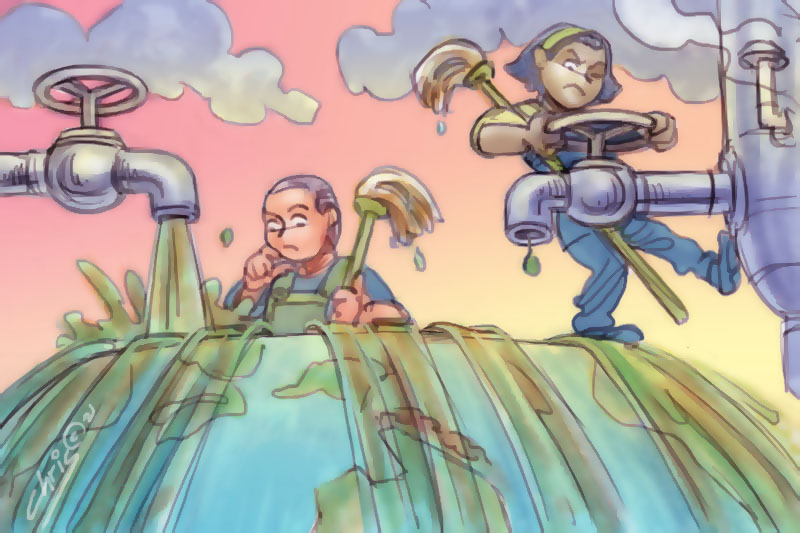
AUSTRALIA
- Yolanda Waters
- 06 April 2021
2 Comments
The health of the Great Barrier Reef is now in critical status. And with current efforts to limit global warming to 1.5 degrees far from sufficient, suffice it to say, things are not looking so great for the Great Barrier Reef. Restoration efforts are designed to help guide the Reef through the next few decades of locked-in warming but, they will only be effective if we combine them with a serious reduction in global emissions.
READ MORE 